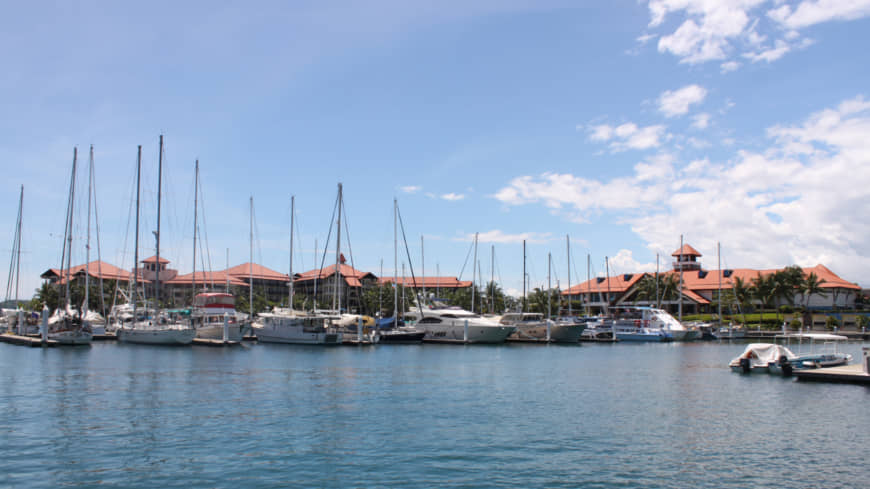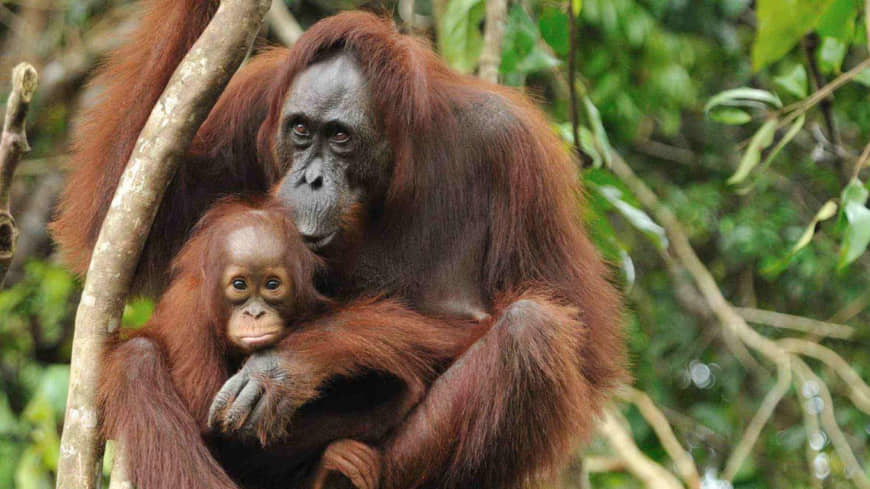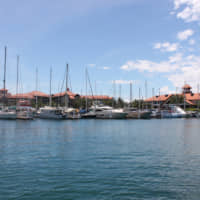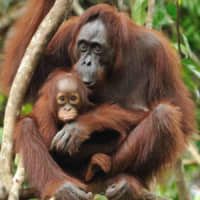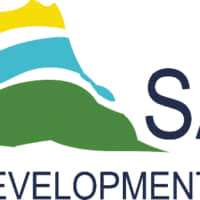Situated in eastern Malaysia, the state of Sabah is rich in biodiversity. Additionally, its agriculture, forestry and petroleum industries have laid a firm economic foundation for new business development.
To encourage further development and transform Sabah into a flourishing investment hub, the Sabah Development Corridor (SDC) is offering attractive incentive packages for businesses across various industries.
Established in 2008, the SDC is a joint initiative by the Malaysian federal government and Sabah state government to enhance residents’ quality of life through economic growth and sustainable resource management. In order to fulfill its objectives, which include tripling Sabah’s gross domestic product per capita by 2025 and generating more than 900,000 new jobs, the initiative is offering tax incentive packages to support businesses in various sectors.
The initiative’s endeavors have already borne fruit, with overall poverty in the state reduced from 23 percent in 2004 to 2.9 percent in 2016. If the initiative continues to meet its targets, Sabah will emerge as a leading economic region; in this vein, its state capital, Kota Kinabalu, would also transform into one of Asia’s most livable cities and a hub for global talent.
Sabah’s rich natural resources have long served as the state’s economic foundation. As of 2016, the agriculture sector accounted for 19.1 percent of Sabah’s GDP, with major exports including rubber, copra and palm oil. The oil and gas sector also plays a significant role in the state’s economy, with mining and quarrying accounting for 29.6 percent of GDP.
These economic foundations make the region an attractive destination for new enterprises. In addition to Sabah’s fertile agricultural land, abundant marine resources and forests offer great potential in timber and wood-based industries.
Another key Sabah resource, palm oil — which accounts for a significant portion of Malaysia’s palm oil production — has garnered interest as a potential biomass source. It is yet another rich economic resource capable of unlocking the region’s potential as a trade and investment hub.
Tax incentive packages offered by the SDC focus on seven economic clusters central to Sabah’s economy. They include full tax exemptions on statutory income, as well as investment tax allowances of 100 percent on qualifying capital expenditure for 10 years depending on the industry and location.
The incentives are available for businesses across a wide range of industries, including tourism and arts education in Kinabalu Gold Coast Enclave; livestock production in Keningau; oil and gas in the western district of Sipitang; palm oil in the eastern district of Lahad Datu, which is surrounded by stretches of cocoa and palm oil plantations; private higher education institutions and training centers in Sandakan, the second-largest town in Sabah after Kota Kinabalu; aquaculture, cosmetics and pharmaceutical products in the eastern waterfront town of Semporna; and biotechnology, halal food production and other industries in the western township of Kimanis.
In recent years, tourism has become an increasingly important part of Sabah’s economy. This is because Sabah is brimming with natural beauty — something that has made the state a popular ecotourism destination.
Lush forest reserves home to a diverse array of plant and animal species form half of Sabah’s total landmass; the Kinabalu National Park, a UNESCO World Heritage site, is home to more than 4,500 species of flora and fauna, as well as hundreds of bird and mammal species. Travelers can see orangutans climbing through trees at the Sepilok Orangutan Rehabilitation Centre in east Sabah and at the Lok Kawi Wildlife Park, located not too far from Kota Kinabalu.
Sabah is also lauded as one of the world’s best scuba diving destinations. Situated at the heart of the Coral Triangle — an epicenter for marine biodiversity — Sabah offers divers the opportunity to experience beautiful reefs and observe impressive marine life such as hammerhead sharks, whale sharks and manta rays.
Sabah’s natural beauty, rich resources and firm economic foundation afford the state the potential to grow into a thriving hub for business and nature. With many attractive tax incentives for new businesses, there has never been a better time to invest in this resource-rich region.

For more information, please visit http://www.sedia.com.my/
Download the PDF of this Malaysia Special



